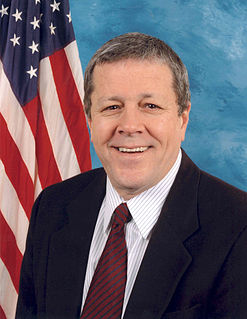A Quote by Janez Drnovsek
It's not just Iraq - it's the Atlantic partnership which is at stake.
Related Quotes
Take the creation of the Pacific partnership or the creation of the Atlantic partnership. We are somewhat concerned because this is being done bypassing the World Trade Organisation, since it has proved impossible to reach compromise solutions with developing economies within the framework of that organisation. Is that good? Not really, in my opinion.
It's harder to end a war than begin one. Indeed, everything that American troops have done in Iraq -- all the fighting and all the dying, the bleeding and the building, and the training and the partnering -- all of it has led to this moment of success. Now, Iraq is not a perfect place. It has many challenges ahead. But we're leaving behind a sovereign, stable and self-reliant Iraq, with a representative government that was elected by its people. We're building a new partnership between our nations.
Society is indeed a contract. It is a partnership in all science; a partnership in all art; a partnership in every virtue, and in all perfection. As the ends of such a partnership cannot be obtained in many generations, it becomes a partnership not only between those who are living, but between those who are living, those who are dead, and those who are to be born.
Your dad would stake me out to freeze if I let you fall and hurt yourself." He offered me his arm, which I latched onto gratefully. "He wouldn't stake you out," I panted as we forced our way through the hard top layer of snow that was almost thigh deep. "He'd just shoot you." "Well that's a comfort.









































